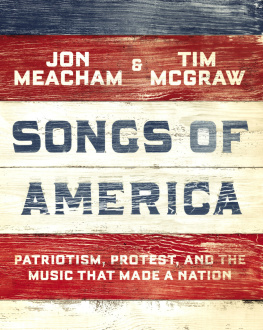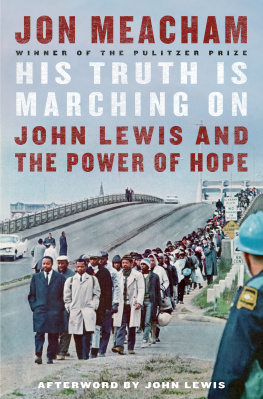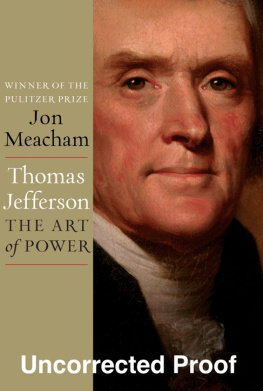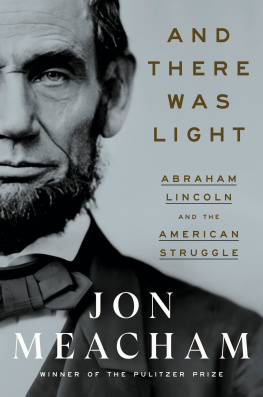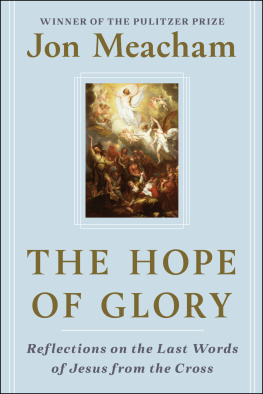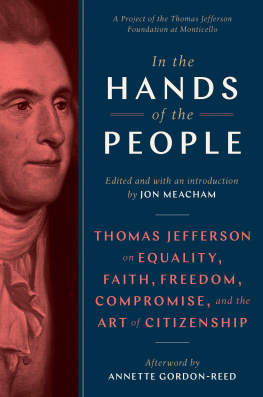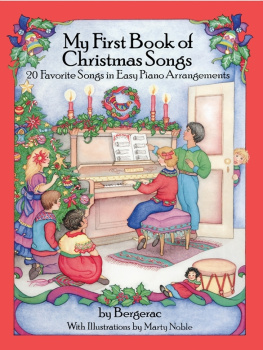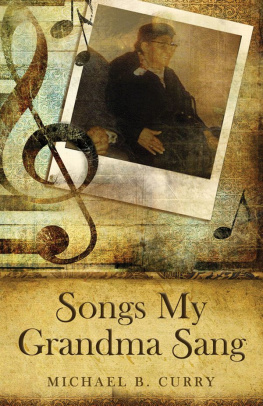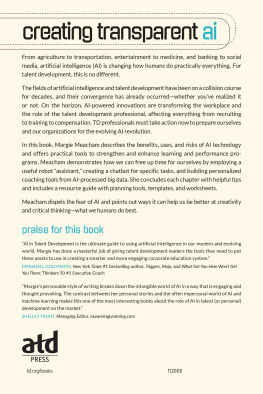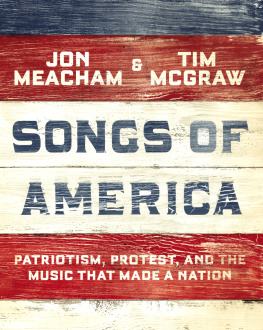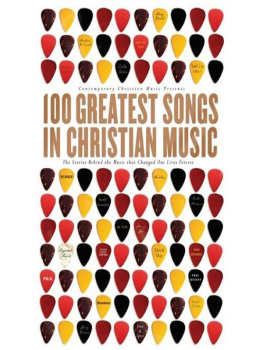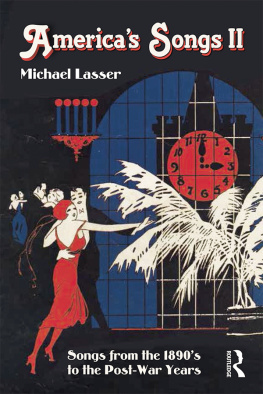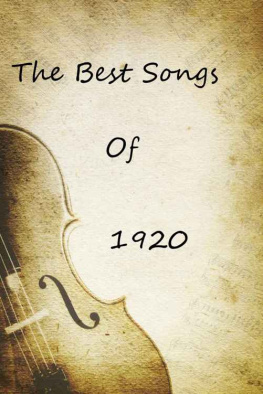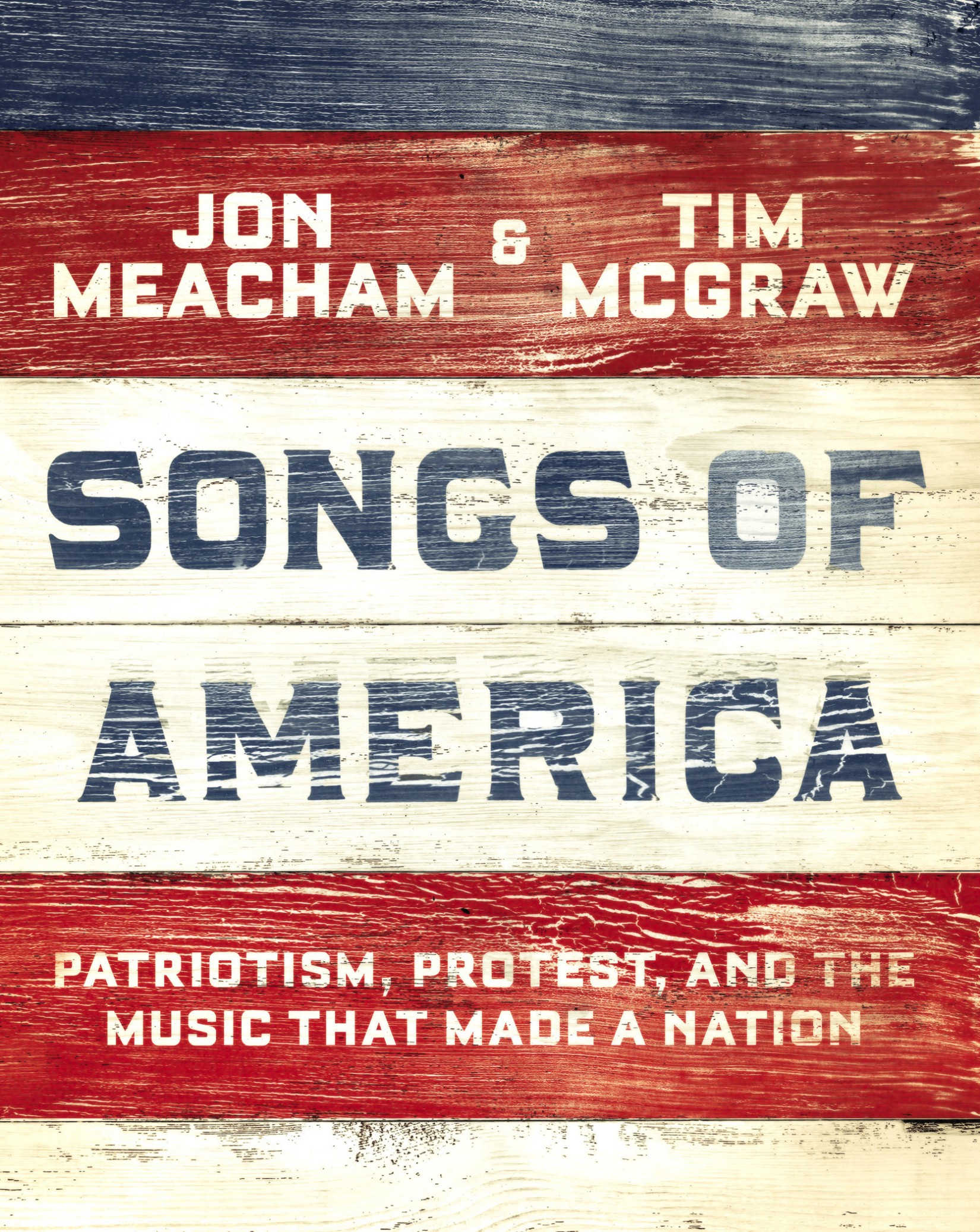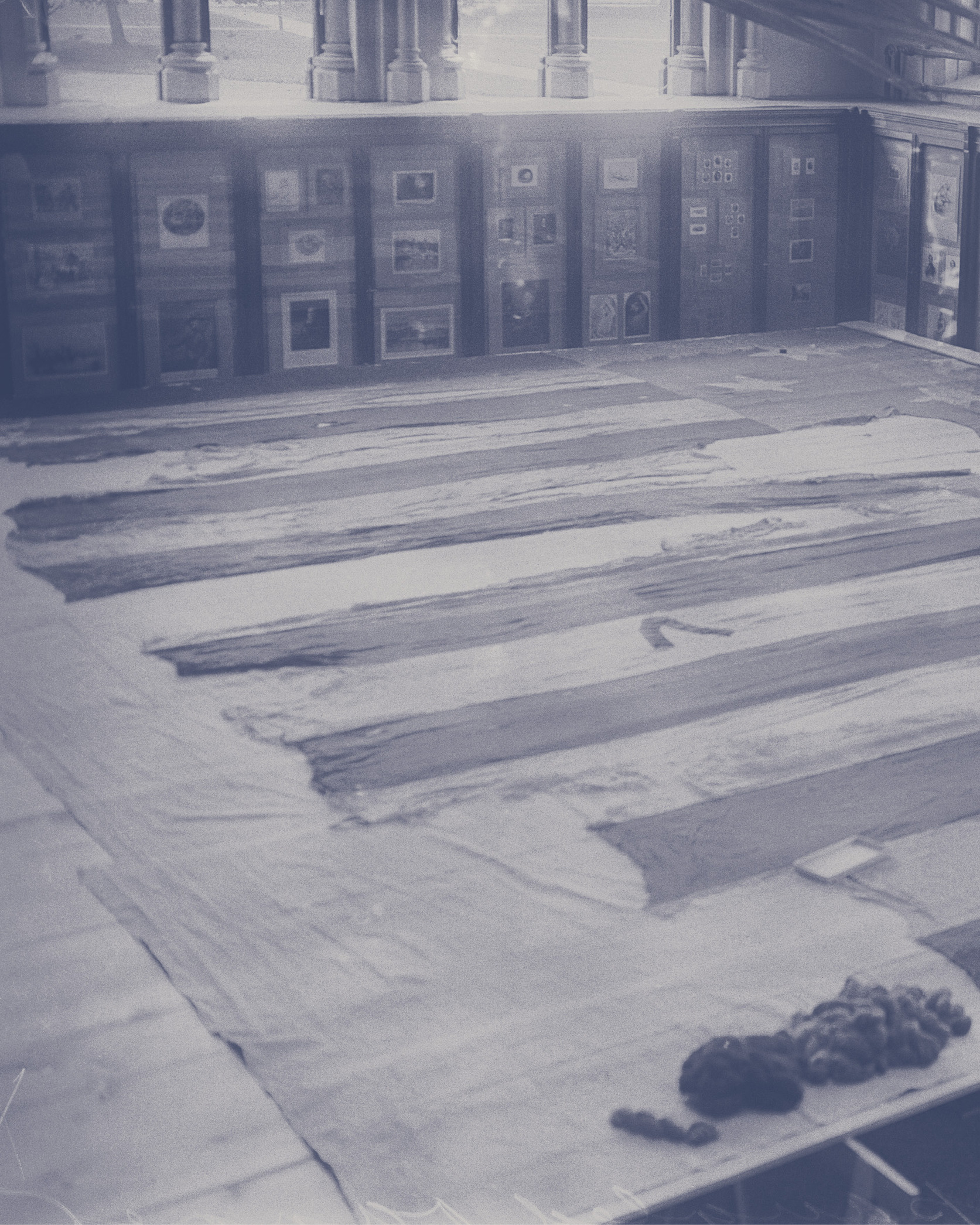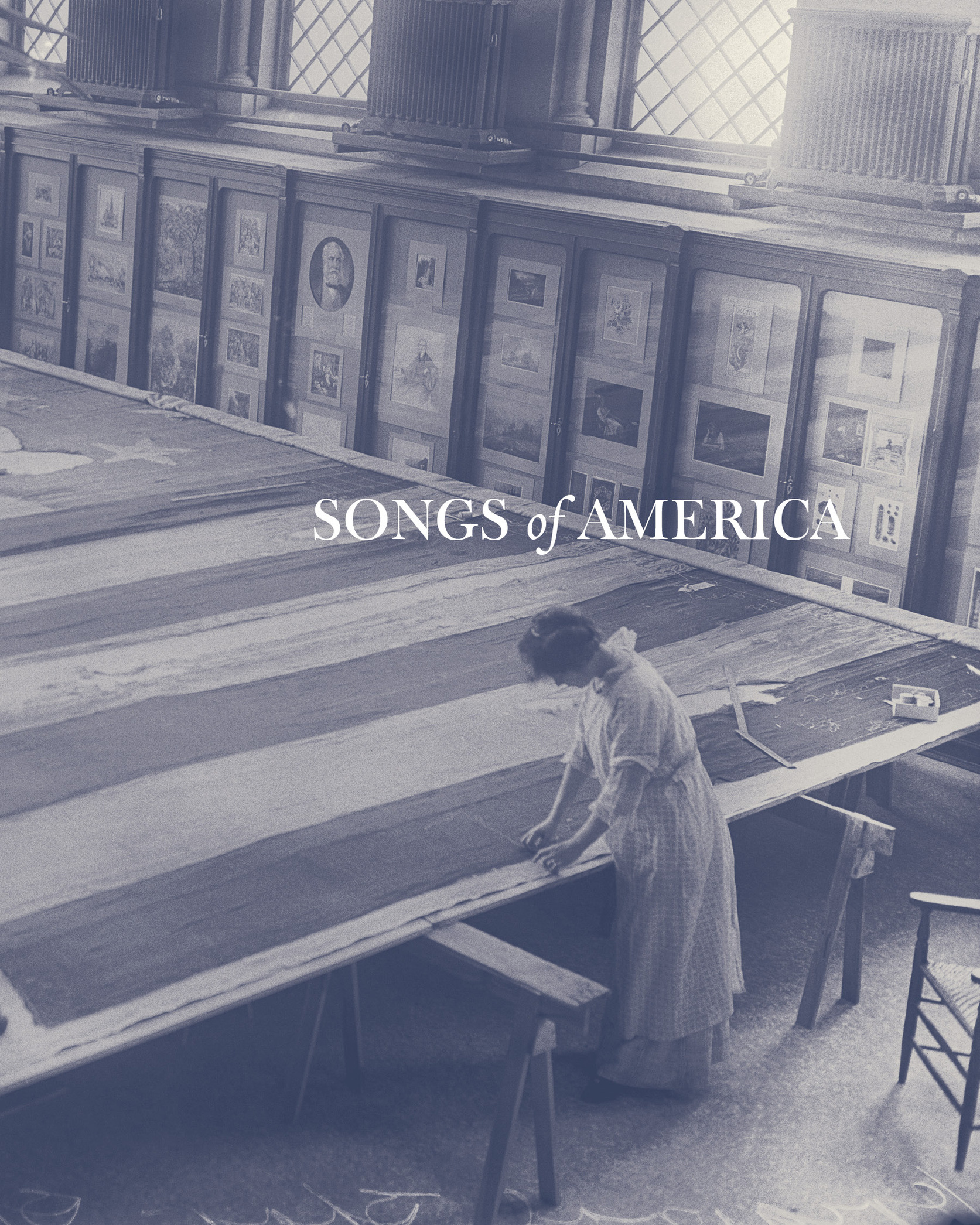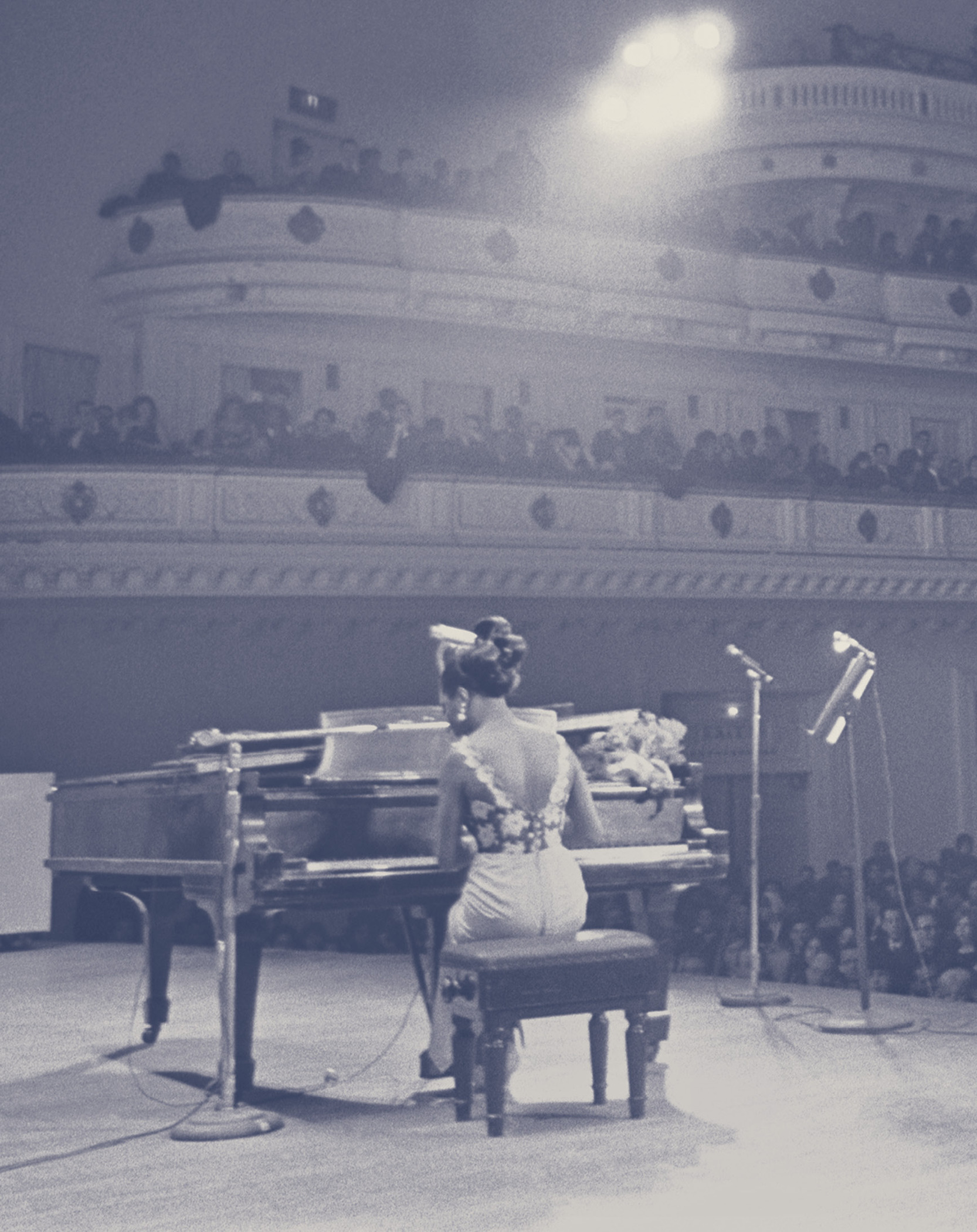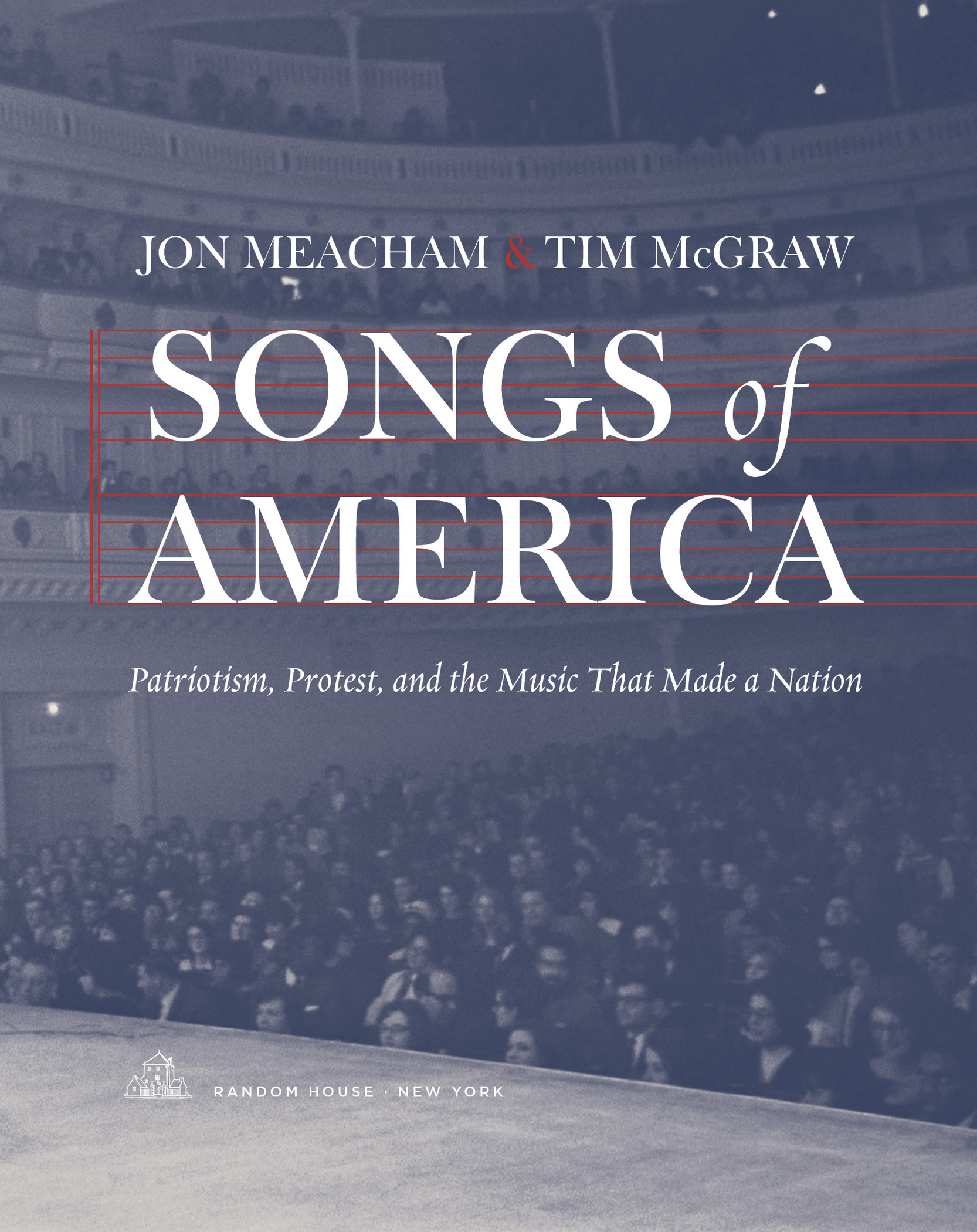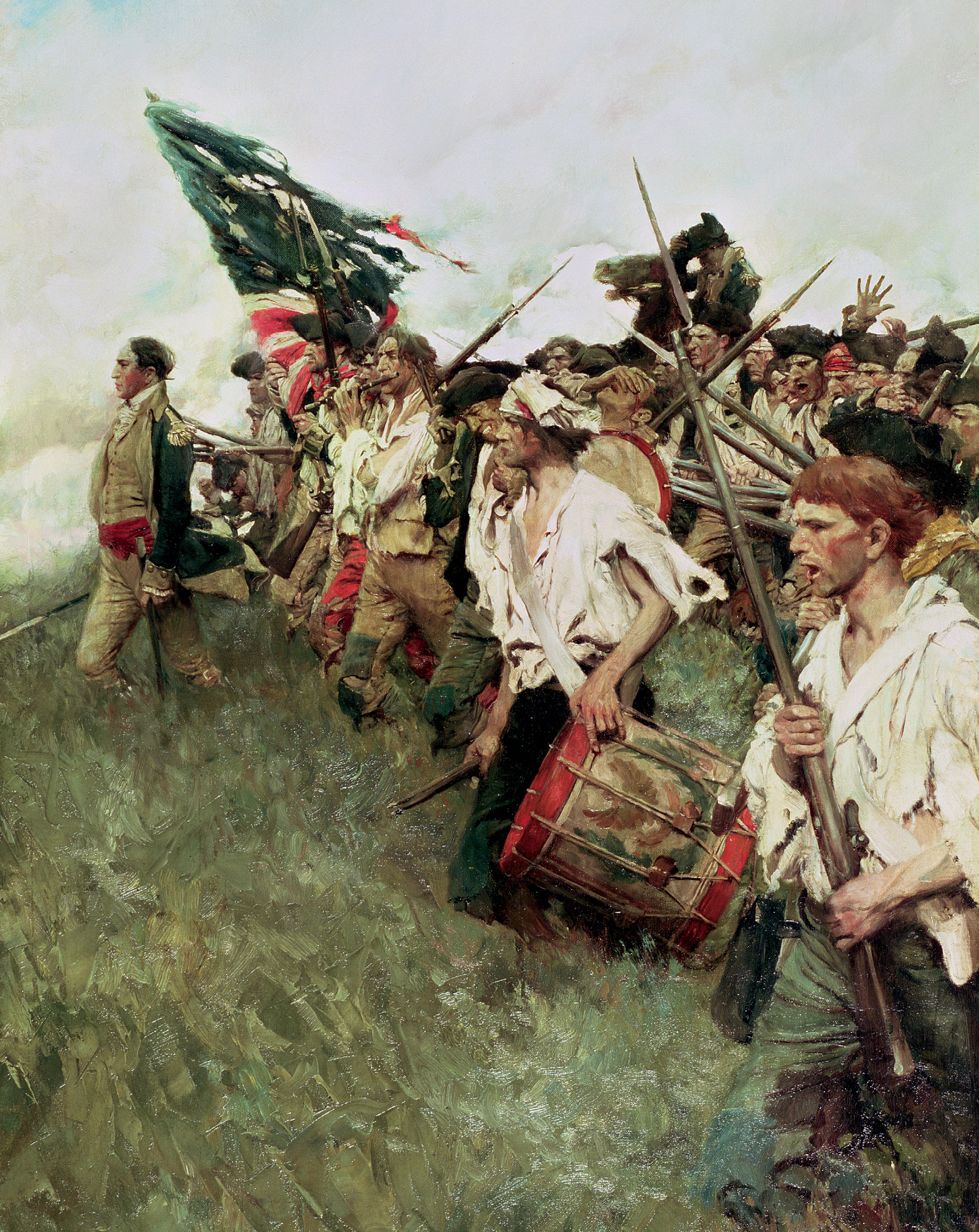As of the time of initial publication, the URLs displayed in this book link or refer to existing websites on the Internet. Penguin Random House LLC is not responsible for, and should not be deemed to endorse or recommend, any website other than its own or any content available on the Internet (including without limitation at any website, blog page, information page) that is not created by Penguin Random House.
Copyright 2019 by Project #268866, Inc., and Merewether LLC
All rights reserved.
Published in the United States by Random House, an imprint and division of Penguin Random House LLC, New York.
R ANDOM H OUSE and the H OUSE colophon are registered trademarks of Penguin Random House LLC.
Image credits can be found on page .
Song lyric credits can be found on page .
LIBRARY OF CONGRESS CATALOGING-IN-PUBLICATION DATA
Names: Meacham, Jon, author. | McGraw, Tim, author.
Title: Songs of America: patriotism, protest, and the music that made a nation / Jon Meacham and Tim McGraw.
Description: First edition. | New York: Random House, [2019] | Includes bibliographical references and index.
Identifiers: LCCN 2019014364| ISBN 9780593132951 | ISBN 9780593132968 (ebook)
Subjects: LCSH: MusicPolitical aspectsUnited StatesHistory. | MusicSocial aspectsUnited StatesHistory. | Protest songsUnited StatesHistory and criticism. | Patriotic musicUnited StatesHistory and criticism.
Classification: LCC ML 3917. U 6 M 43 2019 | DDC 782.420973dc23
LC record available at https://lccn.loc.gov/2019014364
Ebook ISBN9780593132968
randomhousebooks.com
Book design by Simon M. Sullivan, adapted for ebook
Cover design: Michael Boland
HALF-TITLE SPREAD: In 1914, the Star-Spangled Banner that inspired Francis Scott Key during the British assault on Baltimores Fort McHenry a century before was restored.
TITLE PAGE: Nina Simone, whose Mississippi Goddam was a classic protest song of the 1960s, in concert at Carnegie Hall in New York City.
SECOND HALF-TITLE SPREAD: On Easter Sunday 1939, Marian Anderson sang before a crowd of 75,000 at the Lincoln Memorial after she was denied permission to perform at Washingtons Constitution Hall.
v5.4
ep
Contents
A patriotic song is an enchanted key to memorys deepest cells; it touches secret springs, it kindles sacred flames in chambers of the soul unvisited by other agencies. It wakes to life ten thousand slumbering chords and makes them thrill and pulsatejust as if some loving angels finger touched themto that grand God-given sentiment of liberty.
E LIAS N ASON , nineteenth-century American composer
I, too, sing America.
L ANGSTON H UGHES
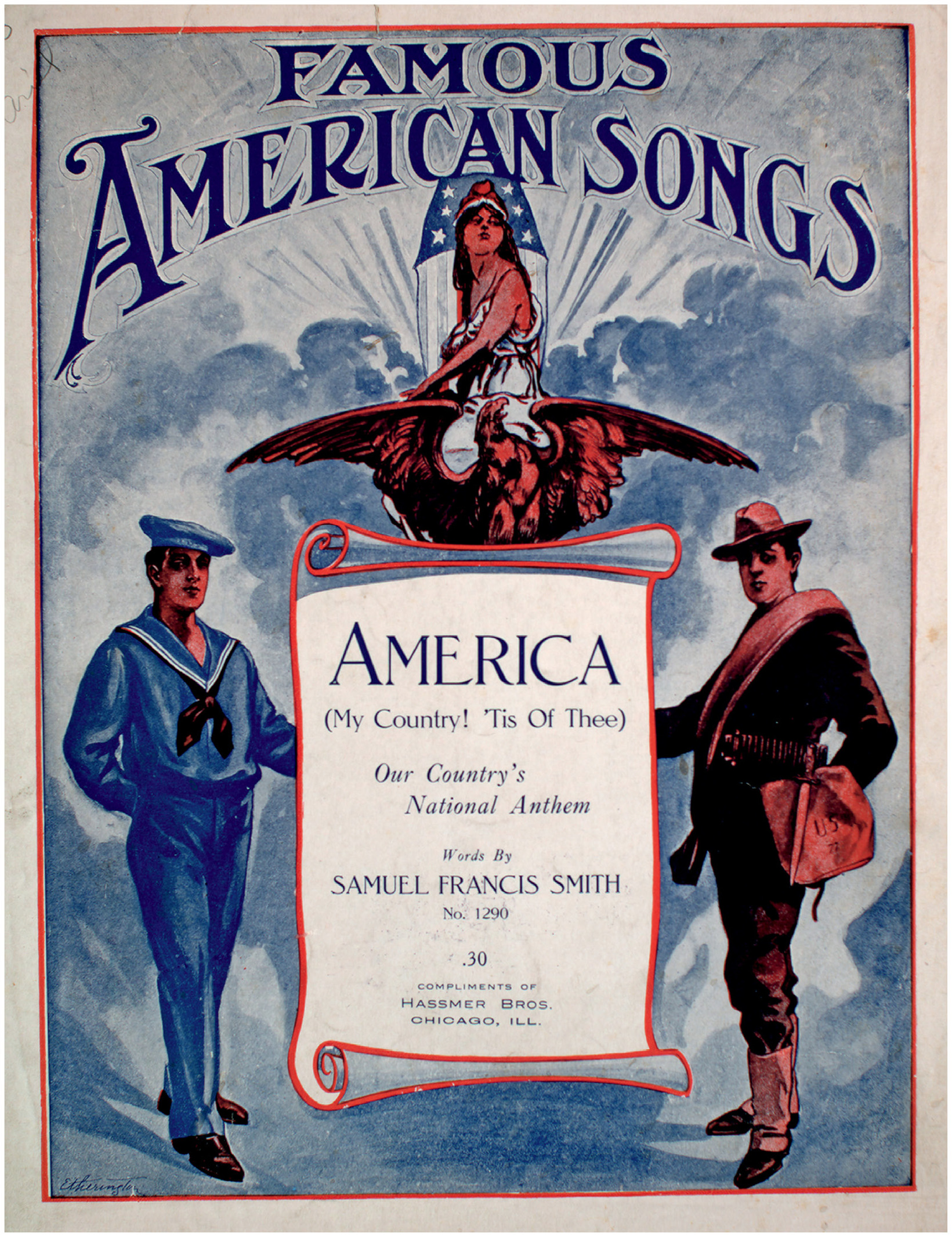
I N THE FOLLOWING pages, Jon Meacham wrote the narrative text that takes the American story, with special reference to music that shaped those years, from the period before the Revolutionary War through the attacks of Tuesday, September 11, 2001, and the election of Barack Obama as the forty-fourth president of the United States. As reflected in the source notes at the end of the book, we occasionally drew on Meachams previous works of history and journalism, including his books about Thomas Jefferson, Andrew Jackson, Franklin Roosevelt, and Winston Churchill, and the more general The Soul of America, as well as essays of his first published in The New York Times, Time,Newsweek, and Vanity Fair.
Writing from his perspective as an artist and performer, Tim McGraw offers his take on selected songs in a series of sidebars. No effort has been made to be encyclopedic; readers will surely argue with us about why one song was included but another wasnt. So be it: We welcome openand open-hearteddebate.
We also urge readers who are intrigued by the issues raised in the book to engage with the works cited in the source notes and in the bibliography; its our hope that The Songs of America is the opening, not the closing, act in a conversation about the nations diversity and complexity. For thats among the reasons we undertook the project: to inspire Americans to think more widely and more deeply about the country Abraham Lincoln called the last best hope of earth.
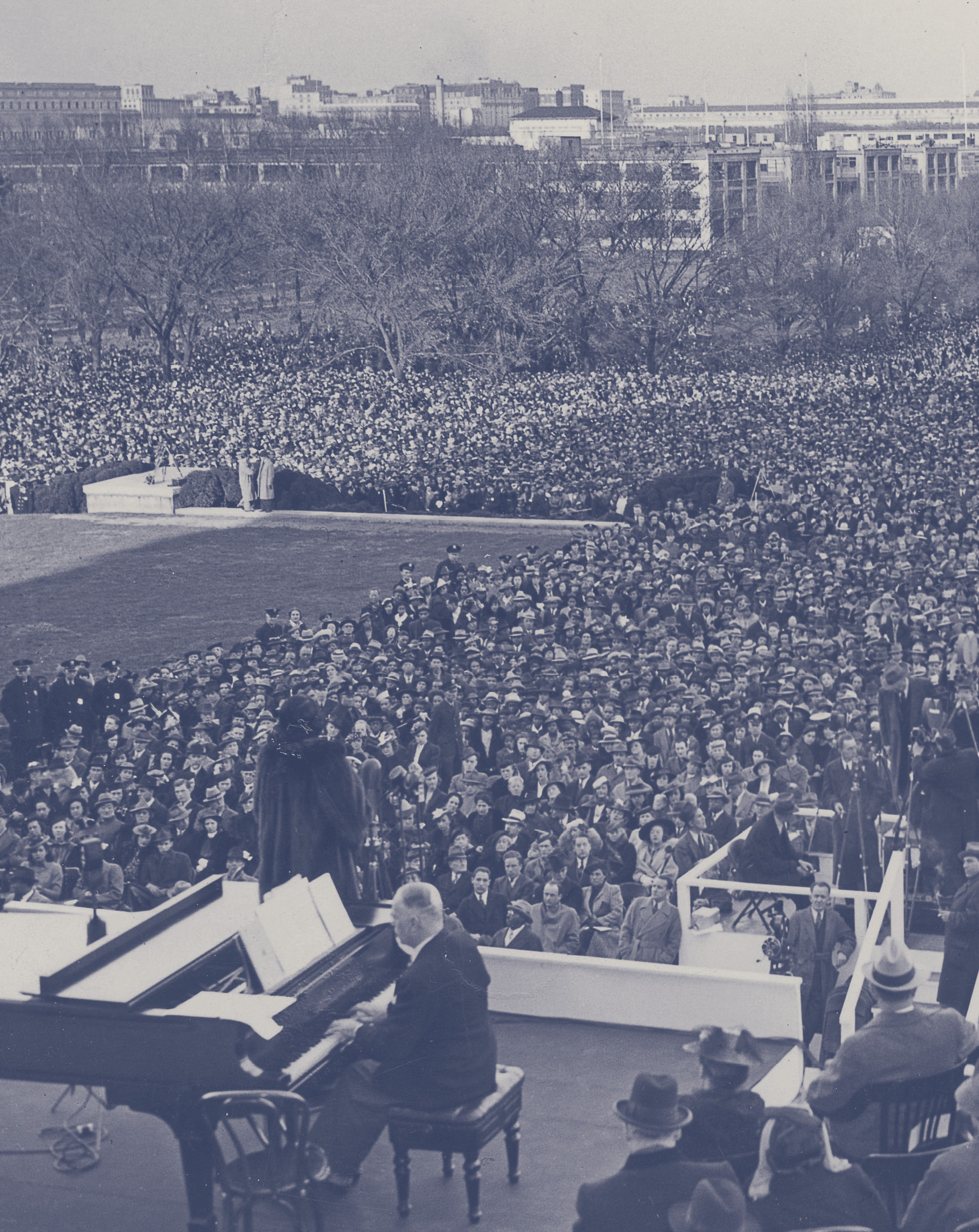

American Revolutionaries on the march in the painting The Nation Makers, by Howard Pyle.
Nothing is more agreeable, and ornamental, than good music; every officer, for the credit of his corps, should take care to provide it.
G EORGE W ASHINGTON
I N THE BEGINNING were the wordsthe stately rhythms of the Declaration of Independence, the passionate eloquence of Thomas Paines Common Sense, the steady notes of the constitution. All men, Thomas Jefferson asserted, were created equal, with unalienable rights to life, liberty, and the pursuit of happiness. In building such a nationa new thing under the sun, founded on an idea, not on brute strengthwe, in Paines stirring prose, had it in our power to begin the world over again. And that enterprise, an endless odyssey, would, as the constitutions preamble put it, have a central, consuming aim: a more perfect union.
History isnt just something we read; its also something we hear. We hear the musketry on the green at Lexington and Concord and the hoofbeats of Paul Reveres midnight ride. We hear the moans of the wounded and of the dying on the fields of Antietam and of Gettysburg, the quiet clump of the boots of Grant and Lee on the porch steps of Wilmer McLeans house at Appomattoxand the crack of a pistol at Fords Theatre. We hear the cries of the enslaved, the pleas of suffragists, the surf at Omaha Beach. We hear a sonorous president, his voice scratchy on the radio, reassuring us that the only thing we have to fear is fear itself; and we hear another president, impossibly young and dashing, his breath white in the inaugural air, telling us to ask not what our country can do for us but what we can do for our country. And we hear the whoosh of helicopters in the distant jungles of Southeast Asia and the baritone of a minister, standing before the Lincoln Memorial, telling us about his dream.

